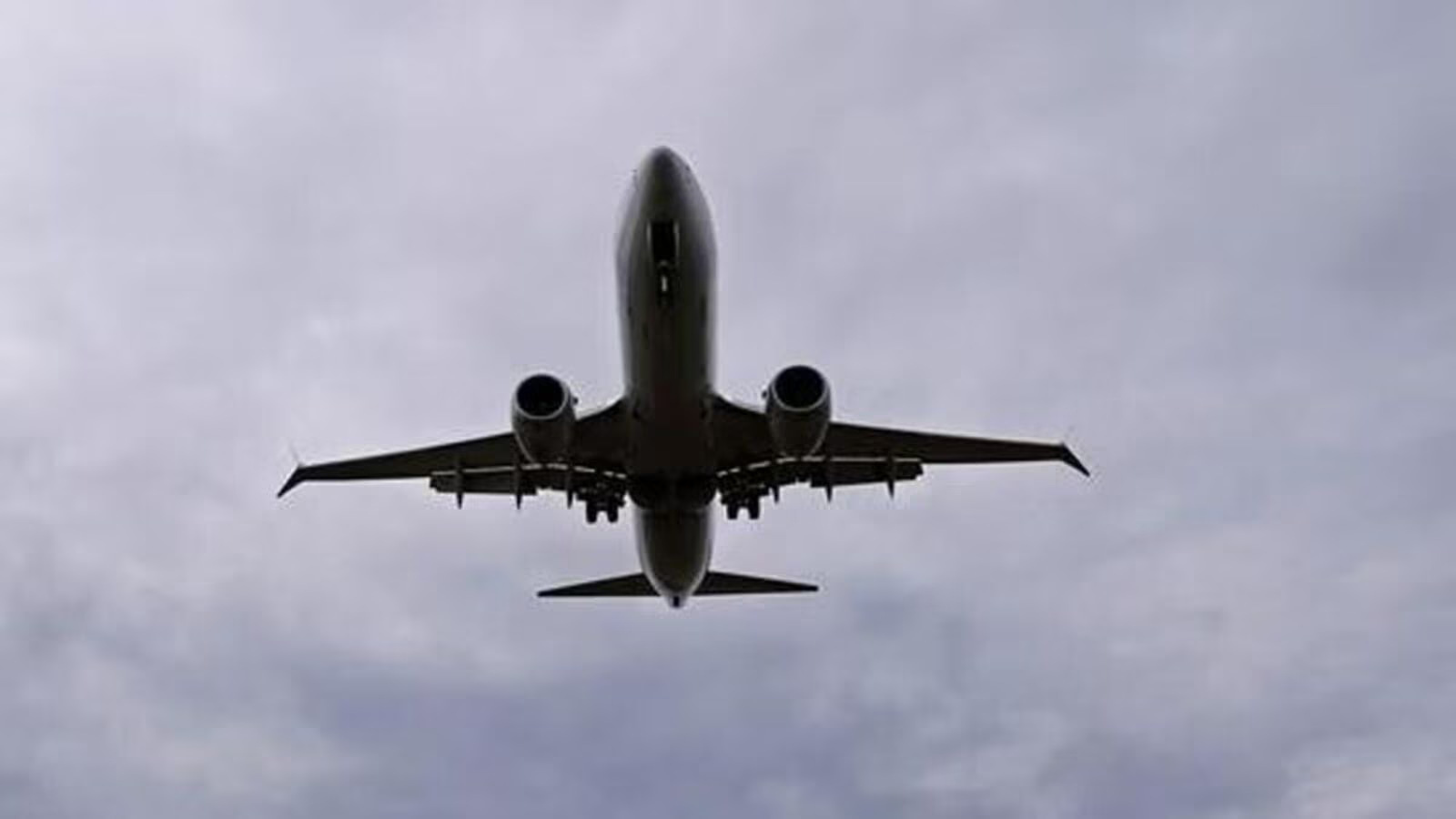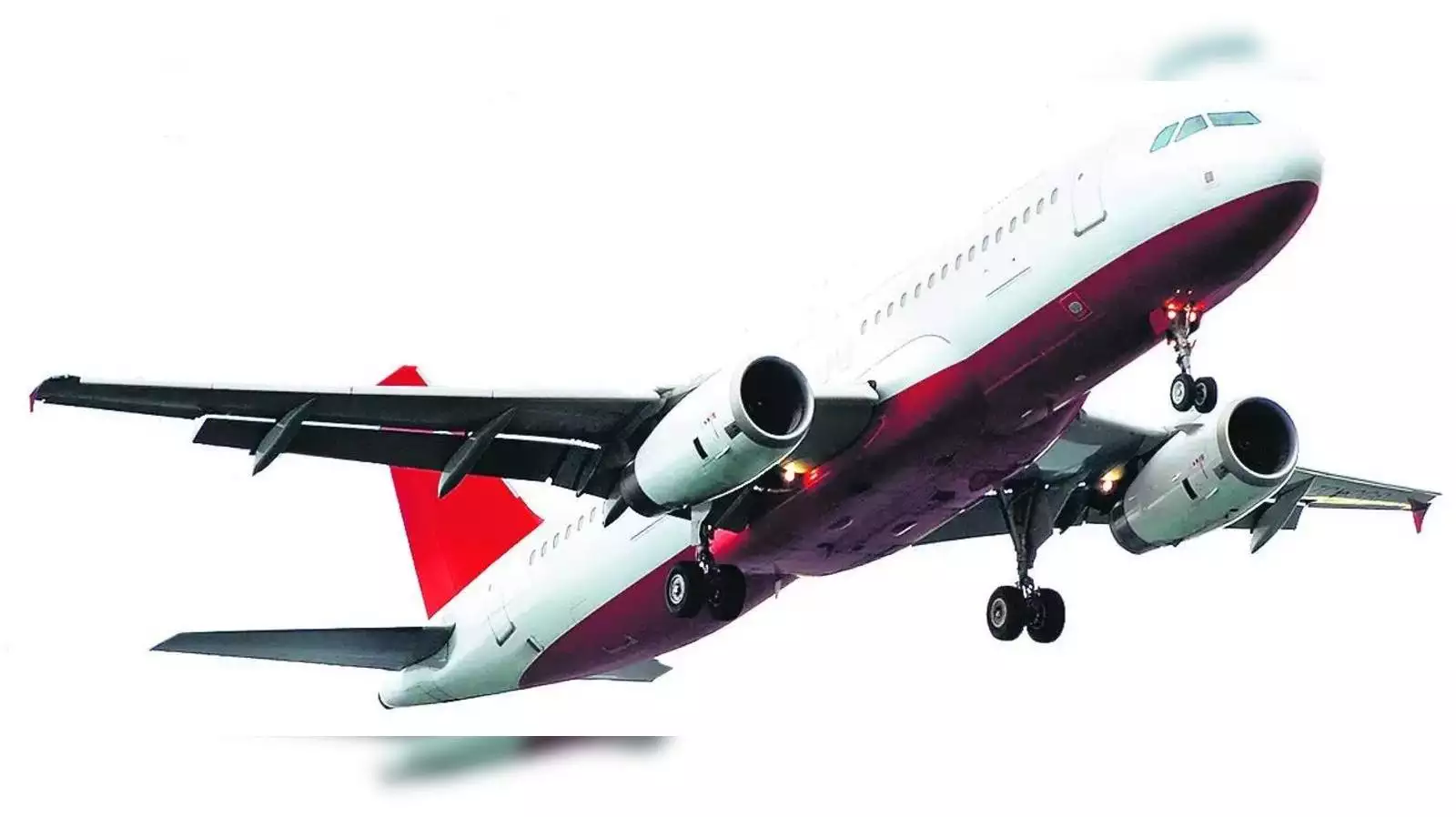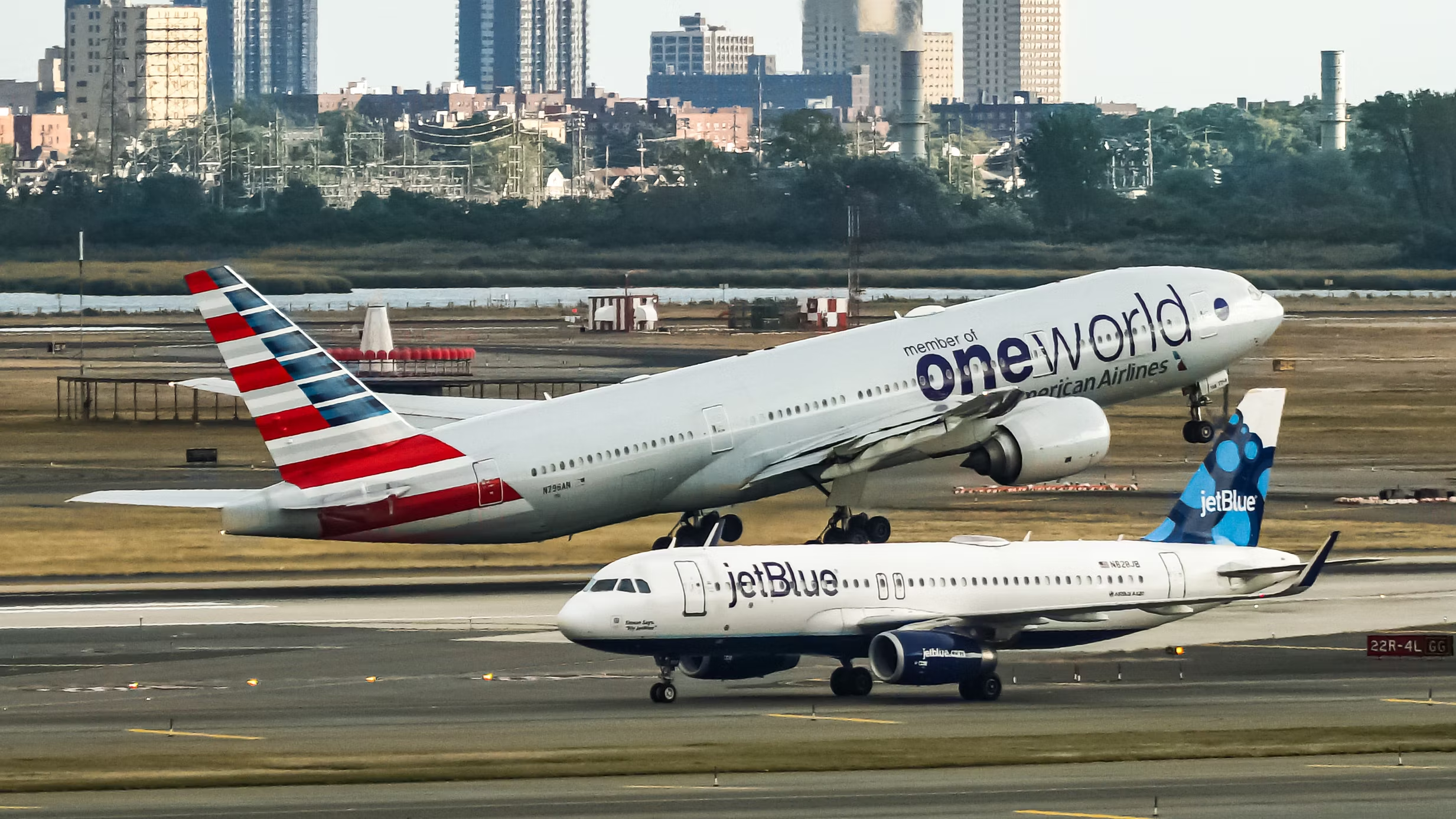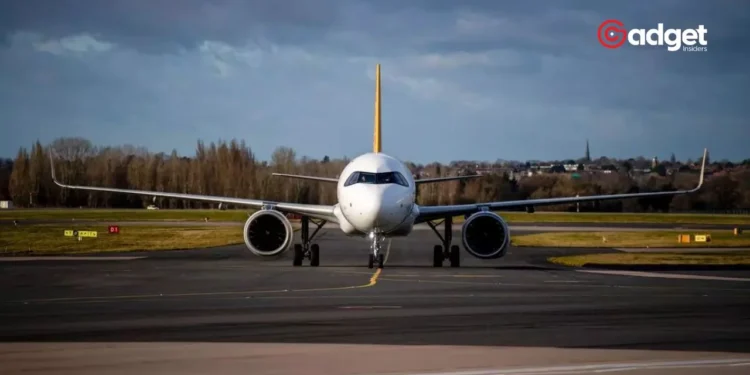In a recent turn of events, the debate over automatic refunds for canceled flights has heated up within the United States Senate. Texas Senator Ted Cruz sparked controversy by labeling the proposal for automatic refunds a “dumb idea.” This stance has placed him at odds with many of his fellow lawmakers, who are advocating for stronger consumer protections in the aviation sector.

The Legislative Battle Over Airline Refunds
Senator Cruz, along with Senators Maria Cantwell, Representative Sam Graves, and Representative Rick Larsen, faced significant backlash following their attempt to introduce a provision that would complicate the refund process for airline customers.
This group, all of whom have received substantial support from the airline industry, proposed a new Federal Aviation Administration (FAA) reauthorization deal. Under their proposal, customers would need to submit a “written or electronic request” to obtain a full reimbursement for flights that were either canceled or significantly delayed.
This move directly contradicts the Biden administration’s efforts to simplify the refund process, particularly at a time when airlines have been criticized for selling tickets for flights beyond their capacity. The existing complexities have increasingly frustrated consumers, prompting calls for a more straightforward approach to obtaining reimbursement.
Airlines will now have to pay automatic refunds for canceled, delayed flights and lost bags pic.twitter.com/sHzdWuI1fA
— Daily Loud (@DailyLoud) April 24, 2024
Pushback and Policy Revision
The backlash was swift and decisive. Following reporting by The Lever and a pointed tweet from Senator Elizabeth Warren, which criticized the proposed legislation, lawmakers agreed to revise the FAA deal.
The new agreement stipulates that customers will automatically receive refunds if they choose not to proceed with a significantly delayed flight or a rebooked alternative.

During a CNBC interview, Senator Cruz defended his stance by suggesting that most passengers prefer to be rebooked rather than receive an immediate refund when a flight is canceled. He argued that the requirement for automatic refunds, regardless of consumer preference, was impractical and unnecessary.
Financial Implications and Consumer Rights
Reports indicate a substantial amount of money held in unused flight credits, highlighting a broader issue of consumer rights within the airline industry. According to financial statements, major airlines like Southwest and Delta possess billions in unused credits.
Further emphasizing the scale of this issue, a 2020 investigation led by Senators Warren and Kamala Harris revealed that airlines might be retaining over $10 billion in funds from American travelers through unused travel vouchers.

The senators argued that releasing these funds back to consumers could significantly alleviate financial stress for many families, particularly during times of economic hardship. They have repeatedly urged airlines to abandon their anti-consumer policies and provide real refunds, especially during emergencies.
The Ongoing Debate and Consumer Advocacy
The debate over automatic refunds in the airline industry underscores a larger conversation about consumer rights and corporate responsibility.
As legislators continue to clash over the best approach to protecting travelers, the push for more transparent and consumer-friendly policies remains at the forefront of this legislative battle. The outcome of this debate will likely have long-lasting implications for both the airline industry and the rights of travelers across the nation.










